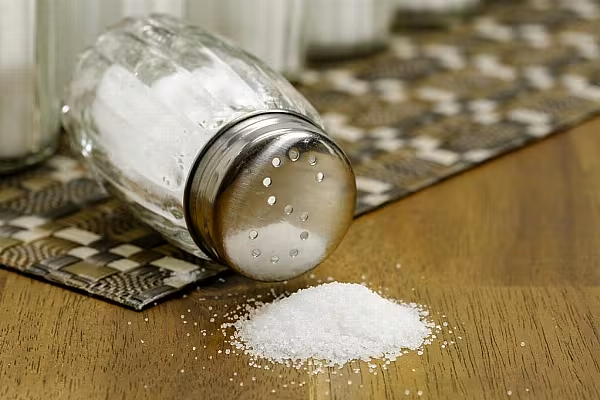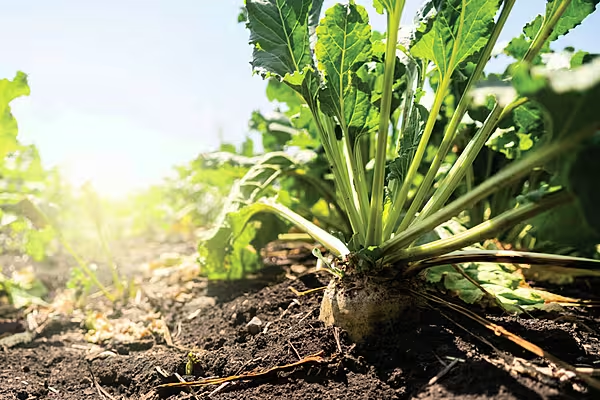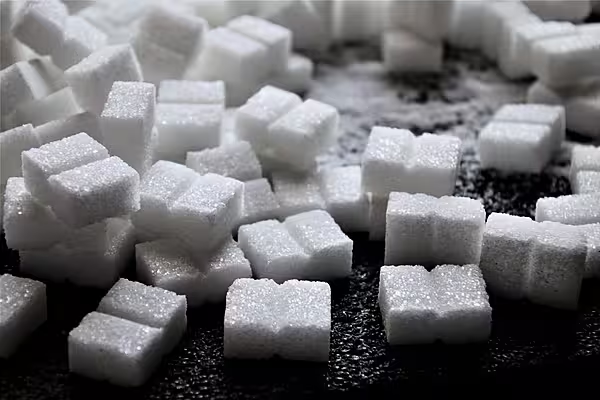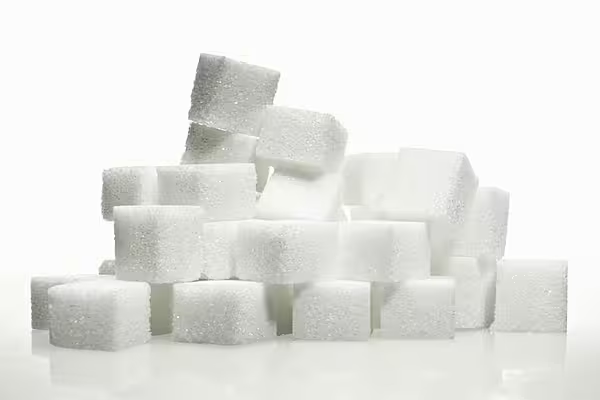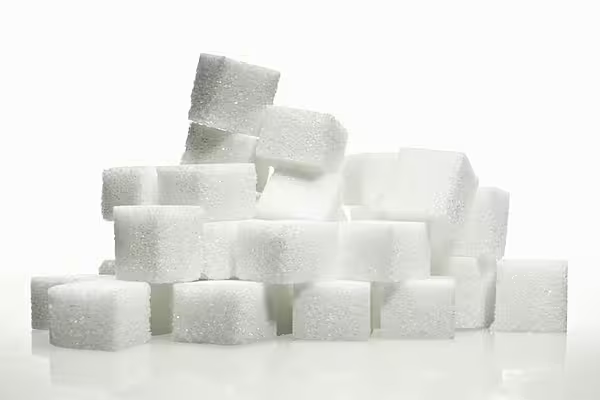The quantity of salt and sugar in a selection of food products in Portugal has been reduced by 11.5% and 11.1%, respectively, in the period between 2018 and 2021.
Salt content was reduced in crisps and snacks, as well as in breakfast cereals and pizzas, while sugar was cut in breakfast cereals, yoghurts and fermented milks, chocolate milk, soft drinks, and nectars.
Overall, an estimated 25.6 tonnes of salt and 6256.1 tonnes of sugar were reduced.
The average salt content decreased from 1.14g/100g in 2018 to 1.01g/100g in 2020, while the average sugar content fell from 7.46g/100g to 6.36g/100g.
Around 50% of food categories have reached or exceeded the reduction targets defined for the end of 2022.
They include three categories – soft drinks, chocolate milk, and yoghurts – in terms of sugar content, and two – breakfast cereals and pizzas – regarding salt content.
National Programme for the Promotion of Healthy Eating
The reduction in the salt, sugar and trans-fat content of food products is a measure of the National Programme for the Promotion of Healthy Eating (PNPAS), an initiative by the Directorate General for Health (DGS), and the Integrated Strategy for the Promotion of Healthy Eating (EIPAS).
The food product reformulation process is a commitment between the state (represented by the Ministry of Health and the DGS), the Federation of Portuguese Agro-Food Industries (FIPA), the Portuguese Association of Distribution Companies (APED), and other sector associations.
The commitment, which was signed in 2019, features an annual evaluation system (for 2019, 2020 and 2021) by an independent external entity, NielsenIQ.
© 2022 European Supermarket Magazine – your source for the latest supply chain news. Article by Branislav Pekic. Click subscribe to sign up to ESM: European Supermarket Magazine.
